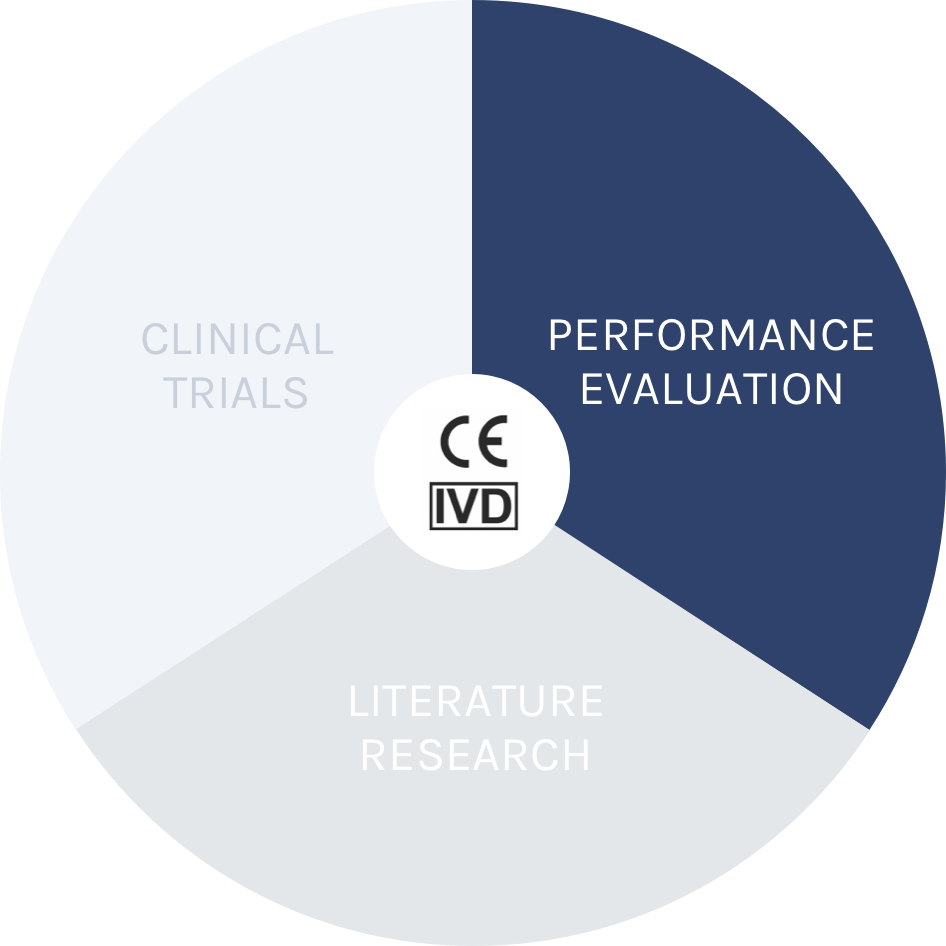Performance Evaluation
The aim of the Resistance study[1] was to retrospectively compare a similar group of chemonaive control patients with mCRC to TICC-1[2] trial patients who were regarded as clinically non-responding to FOLFOX, FOLFIRI and FOLFOXIRI. For each of the chemonaive control group patients, an IndiTreat® test was performed per usual test procedures on hundreds of tumoroids derived from individual tumor tissue as described above. The statistical analysis of any growth inhibition differences was performed using the appropriate Mann-Whitney test with a confidence level of 95% at α = 0.05; i.e. p-values below 0.05 were considered statistically significant.
For all three regimens, IndiTreat® results expressed as gradual growth inhibition of tumoroids from chemoresistant TICC-1 patients were significantly inferior compared to chemonaive control (all p <0.0004). 81%-94% chemoresistant patients showed LOW growth inhibition per IndiTreat® (FOLFIRI 94%, FOLFOX 81% and FOLFOXIRI 82%). Conversely, for chemonaive patients, 88%-100% of the patients presented HIGH growth inhibition per IndiTreat® (FOLFIRI 88%, FOLFOX 100% and FOLFOXIRI 100%), documenting the test’s ability to classify treatment responsiveness versus clinically resistance to the tested regimens at or surpassing the strict regulatory thresholds for CE-marked IVDs.
References
[1] Hagel G et al.; doi.org/10.1016/j.annonc.2022.04.347
[2] TICC-1 study: Value of In-vitro testing anti-cancer therapy sensitivity on tumorspheres from patients with metastatic colorectal cancer. Danish
Medicines Agency (EudraCT no. 2017-000456-26) and Regional Committees on Health Ethics for Southern Denmark (S-20170028), University
Hospital Vejle, Denmark. NCT 03251612 https://ascopubs.org/doi/abs/10.1200/JCO.2021.39.15_suppl.e15567
